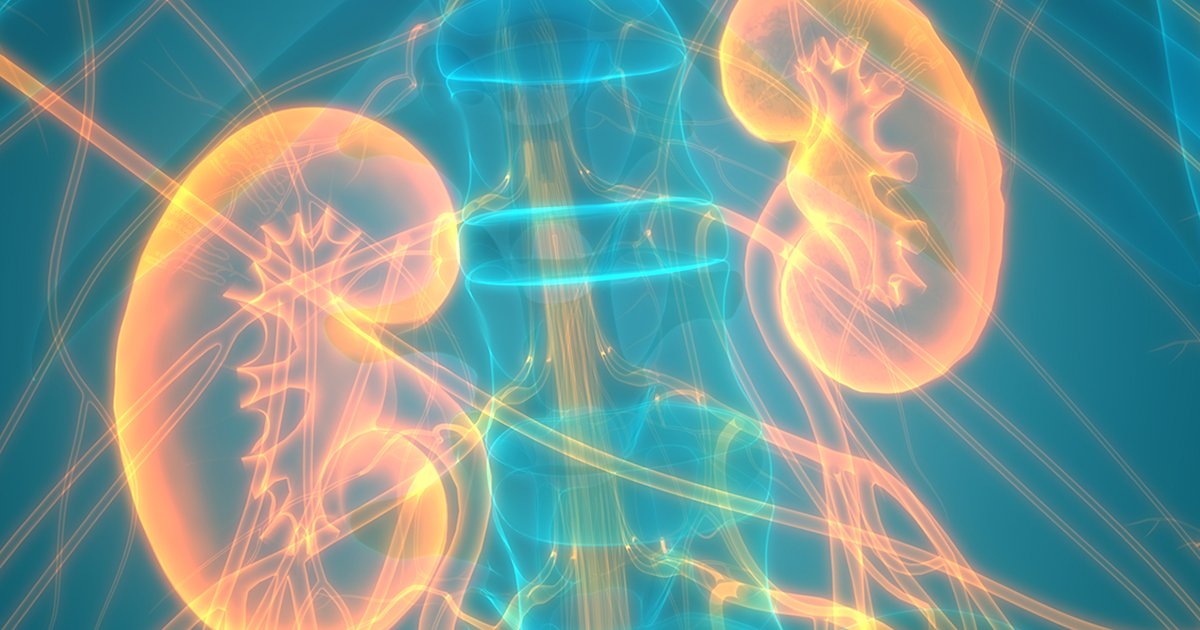KidneyX Prize for artificial kidney project MI-TRAM
The prestigious KidneyX Prize has been awarded to the research consortium MI-TRAM. The international consortium is developing a small device around a small (5x5mm) chip with which, in principle, all hemodialysis machines in the near future will be able to purify blood much more efficiently, from harmful substances that current equipment can only barely remove. The team, in which researchers Karin Gerritsen, Marianne Verhaar, Leonard van Schelven and Fokko Wieringa from UMC Utrecht participate, can now use the $650,000 prize to take new steps in the development of the chips. The award was presented on September 9th during the KidneyX Summit.
A long-awaited upgrade for existing hemodialysis devices, but also portable or even implantable artificial kidneys is coming closer. “I am very pleasantly surprised by the prize,” says pharmacologist Roos Masereeuw, who is affiliated with MI-TRAM from Utrecht University. “The competition was fierce, and we thought that as a consortium with many European members, we had little chance of winning this American prize. But winning the KidneyX Prize puts us on the map internationally.” The consortium consists of researchers from IMEC, RWTH Aachen University Medical Center (Germany), the UMC Utrecht, and Utrecht University.

Filter harmful substances
The demand for a smart filter upgrade for dialysis equipment is high. For millions of kidney patients worldwide, hemodialysis machines are a basic necessity of life. The devices filter harmful substances from the blood and thus partly take over the role of healthy kidneys. However, they only fulfil that role to a limited extent, because the devices only remove the substances that fit through their dialysis filters. Many harmful substances remain unfiltered in the blood because they attach themselves to proteins that are too large for the pores of the filters. As a result, these 'linked' substances (so-called protein-bound uremic toxins, PBUTs for short) accumulate in the body of kidney patients, and can cause a lot of damage to blood vessels, brains and nerve cells.
Vibrating waste with radio waves
The chip on which MI-TRAM is working can shake the harmful waste products loose from the protein to which they are electrostatically coupled. This is done by sending radio waves through the blood that flows past the filter openings of the dialysis filter. Once the substances are “vibrated loose”, they can be drained through the dialysis filter of the dialyzer.
Applicable to all hemodialysis devices
Prof. dr. Joachim Jankowski (RWTH Aachen) had already demonstrated that the approach works in an extensive laboratory set-up. IMEC has managed to reduce Jankowski's technology enormously, so that it fits on a patented chip of 5x5 millimeters. Thanks to these small dimensions, the chips can in principle be combined without interference with all conceivable hemodialysis devices. The chip is also small enough for future portable or, eventually, even implantable artificial kidneys, and also contains a medical monitor for ECG, (SpO2) oxygen measurement of the blood, temperature and bioimpedance spectroscopy (for measurement of the fluid balance). All this with a wireless link for data and wireless charging.
Improve quality of life
“It is really groundbreaking that we can participate in a completely new technology that can make kidney dialysis much more efficient, and thus improve the quality of life of kidney patients,” says Masereeuw. “In our lab at Utrecht University, we will monitor how the waste is removed. By closely following those processes, we can demonstrate the efficiency and security of the chip.”
Now to a working device
Of course, a separate chip is not yet a functioning medical device, but UMC Utrecht has a huge trump card for that: the Department of Medical Technology and Clinical Physics (MTKF). This department is fully certified to build medical-technical prototypes under ISO 13485 certificate. It is extremely rare for a hospital's medical engineering department to meet such a rigorous certification for medical device manufacturers.
After the welcome step of miniaturization by IMEC, resulting in an inexpensive chip that can be mass-produced, the aim is now to quickly build a device around the chip that meets the safety requirements. The UMC Utrecht nephrologists can immediately pre-test the MI-TRAM device in their kidney models, so that it can become available as soon as possible for research during human dialysis.
About KidneyX
The award is made available by KidneyX, a public-private partnership between the American Society of Nephrology (ASN) and the United States Department of Health and Social Affairs (HHS). KidneyX aims to improve the lives of kidney patients by driving innovations in prevention, diagnosis and treatment. https://www.kidneyx.org/PrizeCompetitions/IMEC
MI-TRAM
The team behind MI-TRAM (Multi-compatible Implantable Toxin Removal Augmentation Module with fluid sensing) consists of researchers from IMEC, RWTH Aachen University Medical Center, the UMC Utrecht, and Utrecht University.

